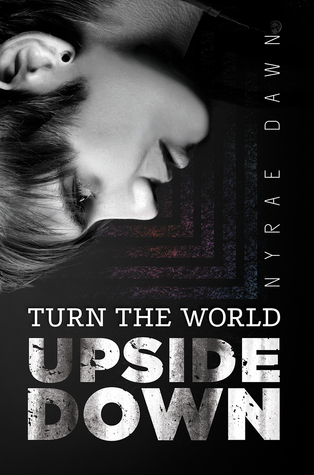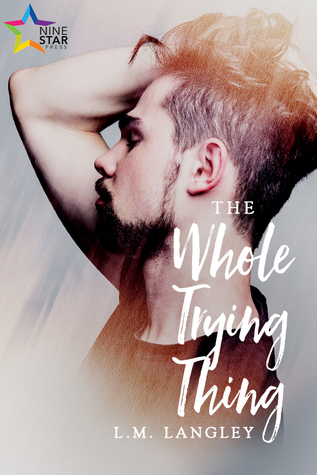Hunter Donovan’s temper never used to be a problem. He lived the perfect life with the perfect family before the dark truth came spilling out. Now his dad’s in prison, and after Hunter explodes at school, accidentally hitting a teacher, his mom has him committed.
Hunter doesn’t belong at Better Days. He needs to be stronger, not sent to a well-dressed loony bin. If he’d been better, less selfish, he would have realized something was going on under his own roof. No amount of psychoanalyzing and group therapy can change the past.
But among the bullies, fights, and bad cafeteria food, Hunter meets a group of friends: anxiety-ridden Casey, wild and exciting Rosie, recovering bulimic Bethany, and Stray, a self-harmer who doesn’t think he belongs anywhere. Around this group of misfits, Hunter doesn’t feel so alone and angry anymore.
Still, as he’s making friends and falling in love with Stray, the guilt is always there. If Hunter can’t open up and find a way to deal with what happened, he might fall victim to his mental illness—and he won’t be the only casualty.
Turn the World Upside Down is a great book reflecting the helplessness family members can feel at events beyond their control. Guilt is one of the most uniquely human emotions, and possibly the most useless one of all. Guilt does not and cannot change events that have happened. Guilt can't deal with pain or regret or sorrow. It serves very little purpose - especially as often the person feeling guilty has no reason to feel that way.
Hunter had no control over the events that cause him guilt, it is entirely misplaced. There is one person and pone person alone that was in the wrong and it wasn't him. He is a teenager and was being a teenager, it was not his responsibility to second guess everything his sister said and did. The helplessness he feels at a situation he couldn't stop, when his trust was abused, lead to him feeling a misplaced guilt, and this leads to outbreaks of violence. We see Hunter as he is in a facility receiving therapy to come to terms with what happened.
Nyrae Dawn doesn't sugar-coat Hunter or his feelings or his stay at Better Days. In fact all the residents and friendships that we see within this story are very real. Mental health is as important as physical health, and illnesses are just as critical. The added battle is that mental health is still often misunderstood and treated differently to physical illnesses. Nyrae Dawn catches the fragility of these illnesses.There is not a one cure for all approach, therapy is not a magic wand instantly healing the emotional pains the teens are dealing with. I think this is very valuable in this genre, life can be bloody hard at times and nobody should feel they have to have all the answers, that they have to be perfect at any, or every, given point in time. Especially teens who are dealing with the emotional upheaval of adolescence and puberty as it is.
I truly enjoyed this story, and the thoughtful and realistic way in which it was written. I know I'll be watching for more from this author and I really recommend this book.
A copy of this book was given in exchange for an honest review.







































